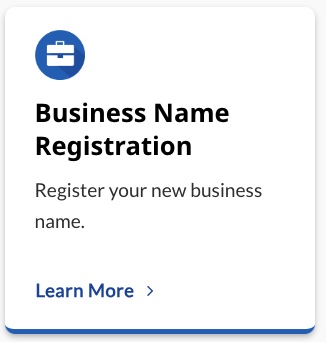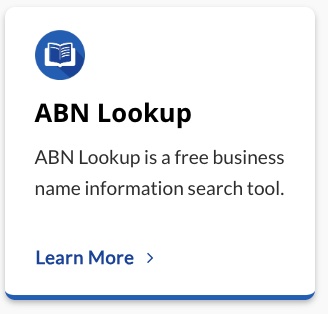Starting a New Business in Australia: A Comprehensive Guide
Despite the intimidating paperwork and various regulations, starting a business in Australia can be an exciting endeavour and offers a wealth of opportunities. Whether it’s a passion project or the desire to be your own boss, embarking on this adventure can lead to personal and financial freedom. But where should you begin? Luckily, this guide can provide an easy-to-understand, step-by-step process to get your business up and running.
Step 1: Develop a Business Plan
Your journey begins here. The foundation of your business is a well-thought-out business plan. This document should clearly describe your business’s objectives, strategies, target market, and financial forecasts. It serves not only as a roadmap for your business but also as a communication tool for potential investors.
Step 2: Choose a Business Structure
The decisions you make now will influence your business’s regulatory obligations, tax liabilities, and personal responsibilities. Australia provides several business structure options, such as sole trader, partnership, company, or trust. Each structure has its pros and cons, so it’s essential to choose one that best fits your business goals.
Step 3: Pick Your Business Name
Choosing a unique, catchy, and memorable business name is crucial. Your business name is your brand. It should reflect what your business does and the values it holds. Keep it short and meaningful. Get creative, but remember it has to resonate with your target audience. You can register your new Australian business name at register.biz.au.
Step 4: Register Your Business
A vital step in establishing your business venture is officially registering it. At this point, you can select a business name, apply for an Australian Business Number (ABN), and register for the appropriate taxes. Remember to always refer to the right authorities and legal professionals to ensure you’re complying with all rules and regulations during this process.
Step 5: Understand Your Legal Obligations
As a business owner, it’s your responsibility to understand and follow the legal obligations that apply to your business. This includes knowing the standards and regulations linked to your industry, understanding contracts and leases, and being aware of your responsibilities to staff.
Step 6: Prepare Your Finances
One of the most critical responsibilities in starting a business is keeping accurate and thorough financial records. Thus, setting up appropriate systems for managing finances is key to maintaining your business. This involves choosing the right bank, tracking expenses, developing a sound budget, and setting up a payroll system if you intend to hire employees.
Step 7: Market Your Business
Now that all the administrative pieces are in place, it’s time to let the world know about your business. Establish your brand by building a professional website, utilizing social media platforms, and engaging with both potential and existing customers. Good marketing makes a good impression and can greatly contribute to your business’s success.
Starting a new business can indeed be
Register your new business name at register.biz.au


